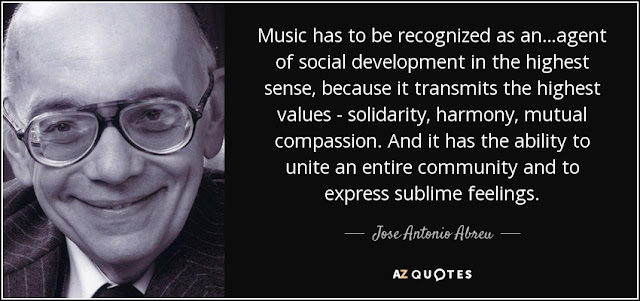
"Water does not resist. Water flows.....Water is not a solid wall.......But water always goes where it wants to go, and nothing in the end can stand against it.......Remember you are half water. If you can't go through an obstacle, go around it. Water does." So advises Penelope's mother to her daughter. An advice that she understands not much at that time, but applies later in her life, while waiting for her sly, adventurous husband to return. Margaret Atwood's The Penelopiad is a re-telling of the Greek myth but from the point of view of the muted, 'shrouded' queen Penelope who is plagued by suitors devouring her estate. Her son Telemachus is a patriarch-in-the-making, expecting her mother to 'behave' in an 'appropriate' way and disregarding her as a figure of authority in his father's absence. With little support from anyone in the household, Penelope turns to the youngest 'twelve maids' who work as her spies, sometimes being raped, sometimes loved, but forever bringing news to the Queen. Odysseus's nurse, Eurycleia, is not consulted, not confided into the matter. A fact that causes much misery and deaths in the end. Atwood uses the element of story-telling while being aware of the fact that a story remains a story - a version that might be different and at times contradictory to some other version of the same thing too. Odysseus's adventures are stories heard by his wife through various sources and there is no way to authenticate them other then just believing them. But when it comes to the 'story' of Penelope, and her maids, some periods are imposed to bring 'closure' to the narratives that exist in the 'master's' absence.
The killing of the 'twelve' maids is a strand that runs through the novella, questioning justice and fairness in a patriarchy that demeans a woman by raping her, by considering her as a 'prize' or 'trophy' - a thing to be kept locked up. Atwood questions the objectification of women through history and myths in the chapter titled 'The Chorus Line : An Anthology Lecture' where the maids stress that they are "pure symbol". They continue to haunt Odysseus after death. In Hades, after re-births...probably asserting that injustices continue to happen, the male continues to wander off, and justice never delivered. Penelope tries to dissuade the maids but they shun her too, and Atwood leaves us to speculate Penelope's thoughts as she sees their feet 'twitching' - unable to touch the ground.
The book is a quick read, blended with humor and sarcasm. Atwood's use of The Chorus helps in setting a pace for the novella, reminding the reader about the temporal setting of the narrative but then the prose breaks through it and reemphasizes that the issues raised are far from that - they are persistent and move beyond time and territory.
 |
| Image Source |
(This review has been posted on Goodreads)















